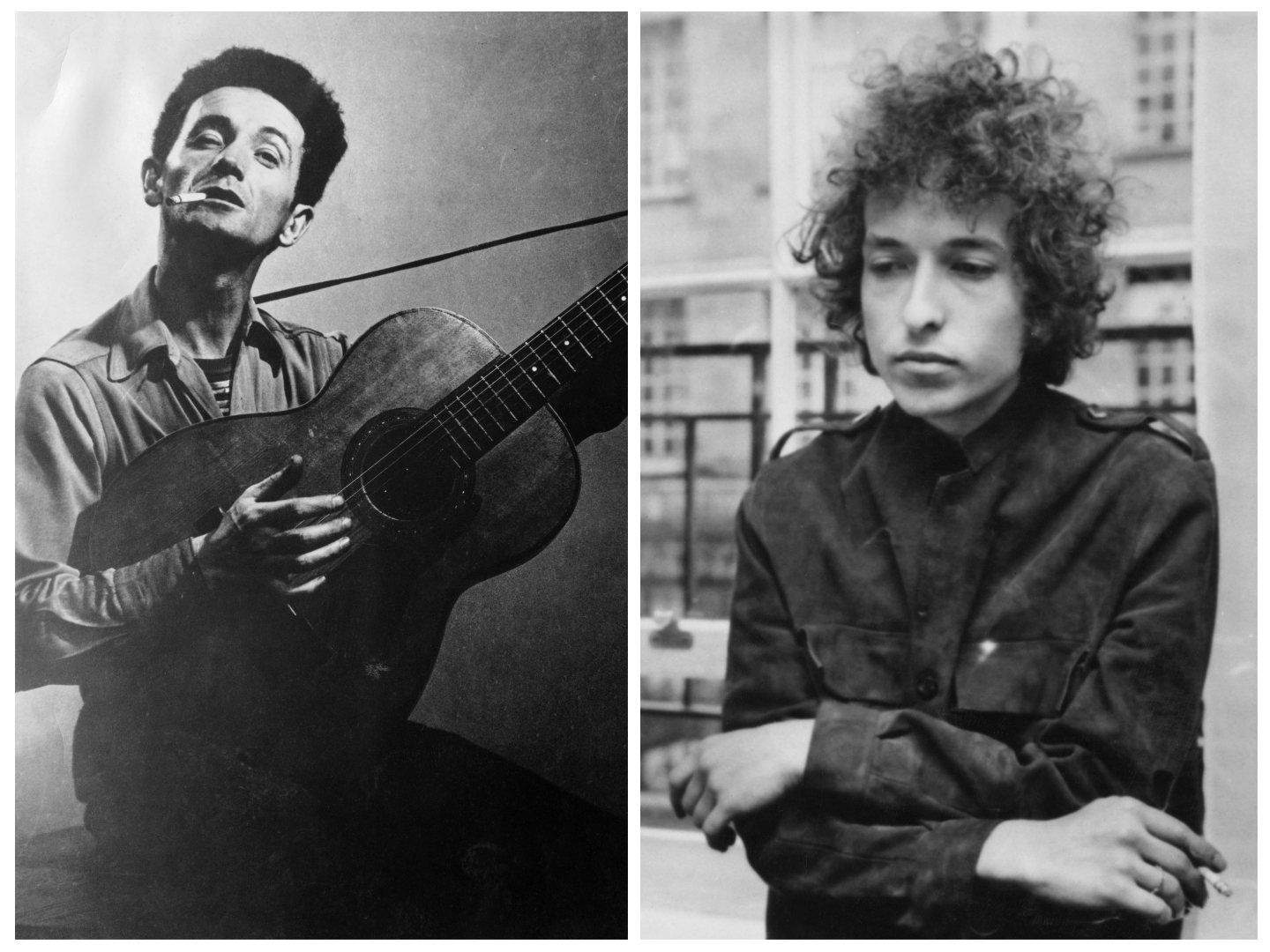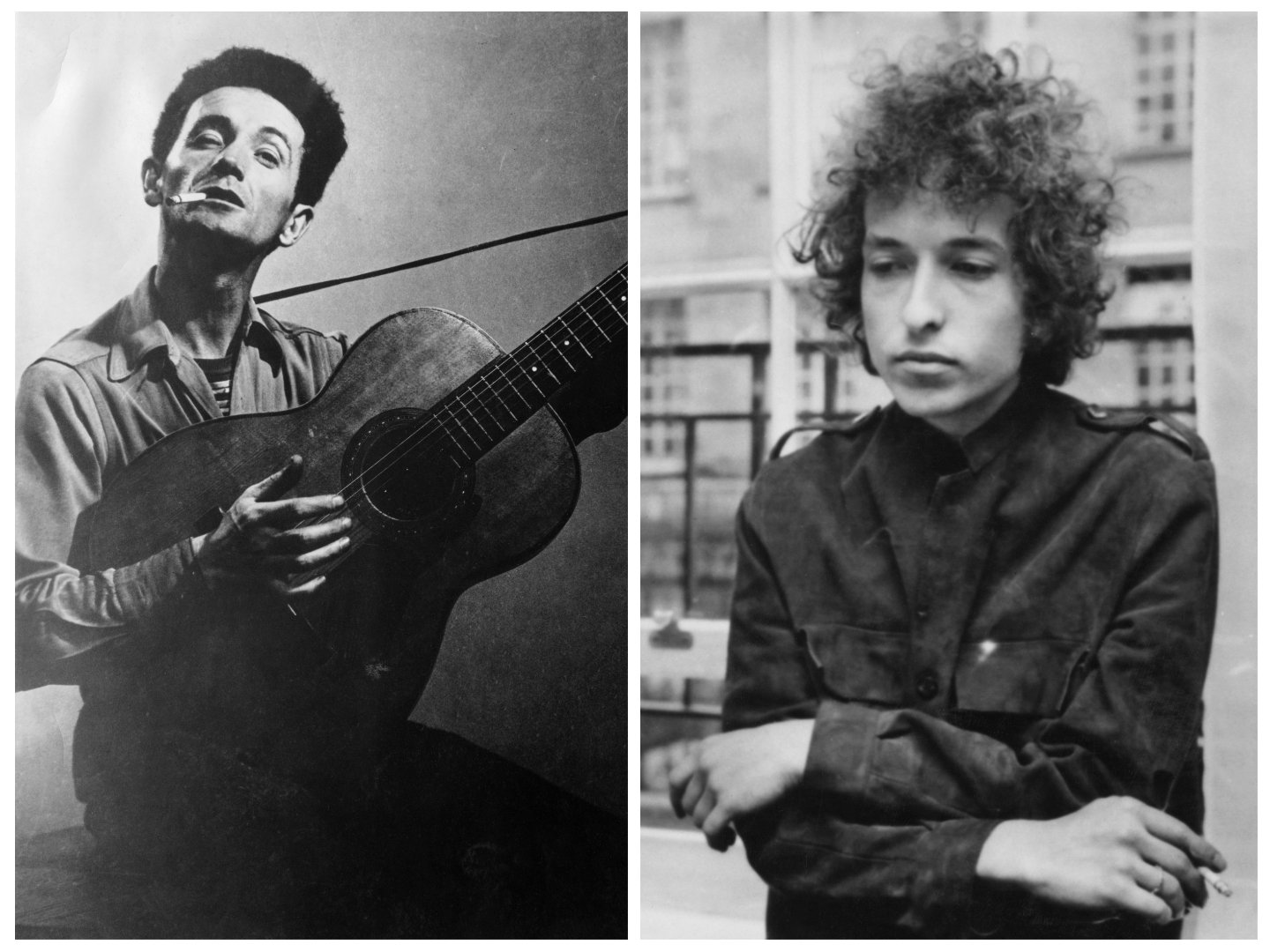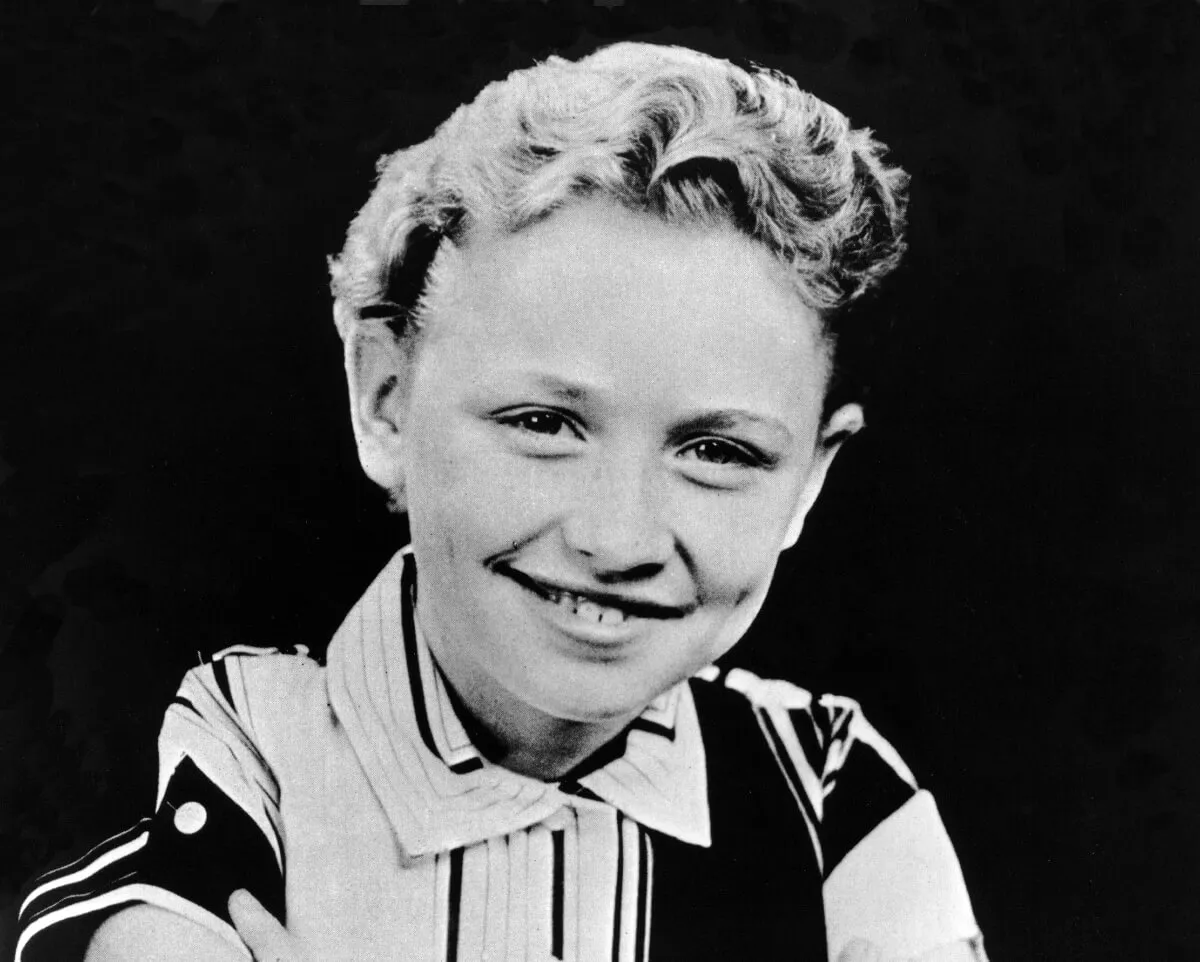
Bob Dylan Was 1 of the Few People Woody Guthrie’s Family Trusted to Meet Him
In 1961, Bob Dylan left Minnesota and headed east for New York, hoping to make a name for himself in music and meet one of his greatest idols, Woody Guthrie. By the time Dylan arrived, Guthrie was spending most of his time at a psychiatric hospital in New Jersey. He had Huntington’s disease, and his family wanted to limit the number of people visiting him. They trusted Dylan to meet Guthrie, though.

Bob Dylan idolized Woody Guthrie
One of the main reasons why Dylan went to New York was because he wanted to meet Guthrie. He idolized the folk artist and wanted to have a conversation with him.
“Like seeing Woody Guthrie was one of the main reasons I came East,” Dylan told The New Yorker in 1964. “He was an idol to me. A couple of years ago, after I’d gotten to know him, I was going through some very bad changes, and I went to see Woody, like I’d go to somebody to confess to.”
Woody Guthrie’s family trusted Bob Dylan to visit him
When Dylan knocked on the Guthries’ front door, they initially turned him away. He was persistent, though, and Guthrie’s son Arlo ultimately invited Dylan inside. Guthrie stayed at a psychiatric hospital on weekdays and was at the family’s home on weekends. They got many visitors looking to speak to him, but they didn’t allow many people to come inside.
“Although a lot of these people would come to the house to visit Dad on Sundays there was a certain point when my mom said this was embarrassing my dad,” his daughter Nora said, per the book The Ballad of Bob Dylan: A Portrait by Daniel Mark Epstein. “He doesn’t want to see all of this dirty laundry being hung out. Then she really started limiting visitors; she didn’t want all the fans coming and seeing him.”
Nora appreciated that Dylan didn’t judge her father based on his appearance.
“I remember thinking: Dylan was okay with him,” she said. “He didn’t judge Woody based on what he looked like. The visuals of Huntington’s disease, it’s hard to take in. He had no control over his arms or his legs, they would just move around in jagged and erratic movements.”
Nora said that her mother trusted Dylan to visit Guthrie because they had some kind of connection.
“My mother was very sensitive to people looking at Woody and I think somehow I sensed that she trusted Bob and that he wouldn’t judge my father or be completely blown away by it in a bad way,” Nora explained. “Some people would come expecting to see someone that maybe looked more like Pete Seeger, like a healthy, uplifted folk singer who was … sick. But not as scary. You couldn’t imagine what you were going to witness when you opened the door. And either Bob pretended that he was very composed or he really was more composed than others. And that could only be attributed to some inner connection that they had.”
He became a part of their family
Nora said that Dylan, like many of the young people who knocked on her door, became like family.
“So people came and went and connected with my family in varying strong, profound ways,” she said. “They would be strangers and then they would come in the door and either my mom or dad would say ‘why don’t you stay awhile’ or they’d say ‘I don’t have anyplace to stay’ and then they’d end up living with us for a year or six months or ten weeks, whatever it was. And so, as children see it, these folks become family because they’re in your house sleeping on the couch and so your emotional impression is they’re family so there’s a lot of people I include in that.”
She believed her family gave Dylan a sense of belonging that he craved.
“I include Bob [Dylan] in my sense of family as one of those kids who showed up at our door, because I guess he didn’t feel like he belonged where he was born or even belonged to his name and he needed a place where it was okay — for someone to say, ‘It’s okay, make up your own, be who you are.'”


